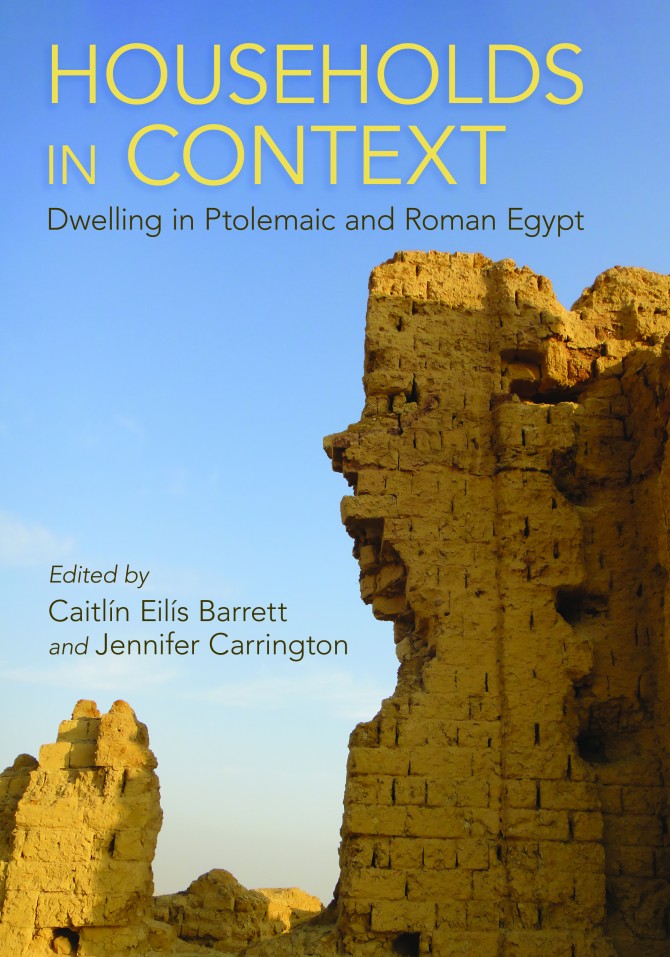In 2021, WHO surveyed authors of influenza disease burden studies to learn if and how these studies have informed policy-making. Our results show that while most authors share their findings with government officials, more work is needed to include disease burden estimates in vaccine policy forums.
Robust estimates of the burden of influenza are essential for decision-makers to set appropriate seasonal influenza vaccine policies. Through the Pandemic Influenza Preparedness Framework Partnership Contribution, WHO’s Global Influenza Programme (GIP) supports the generation of representative national, regional and global disease burden estimates and promotes the communication of these estimates to national and international expert bodies to further evidence-based decision-making.
WHO tracked the literature of influenza disease burden studies between 2018 and 2020 and surveyed authors to learn how these studies have informed policy-making. We identified 40 articles from 29 countries reporting influenza-associated hospitalization or mortality rates. As one way of determining whether and how these estimates informed influenza policy-making, we contacted the authors of these studies and asked them: a) whether their results had been communicated to government officials, and b) what strategies they thought worked best to get influenza disease burden findings into the hands of policy-makers.
Data for policy
Authors of 24 studies (from 20 countries across all regions except the Eastern Mediterranean Region) responded to our questionnaire. Authors from 14 countries reported sharing their findings with government officials. Indeed, in several cases, government employees were involved in the studies themselves. Authors also identified a range of obstacles to information-sharing, including COVID-19 pandemic disruptions, underestimating the importance of influenza, weak links between researchers and health authorities, and difficulties in communicating the link between influenza disease burden and vaccine policy in terms of the burden averted through vaccination.
While most respondents shared their findings with government officials, few (just five countries) reported having their results considered in vaccine policy forums. Again, COVID-19 related disruptions and an apparent lack of interest in influenza were cited as common obstacles.
Strategies for success
Authors from across the world suggested strategies for better communicating influenza disease burden findings to policy-makers. These included: early engagement with policy-makers when planning disease burden studies; merging discussions on SARS-CoV-2 and influenza vaccination; presenting findings to National Immunization Technical Advisory Groups; inviting key policy-makers to annual influenza prevention and control conferences; disseminating results through traditional and social media; and updating estimates of disease burden and burden averted through vaccination annually to sustain awareness and interest in influenza vaccination.








